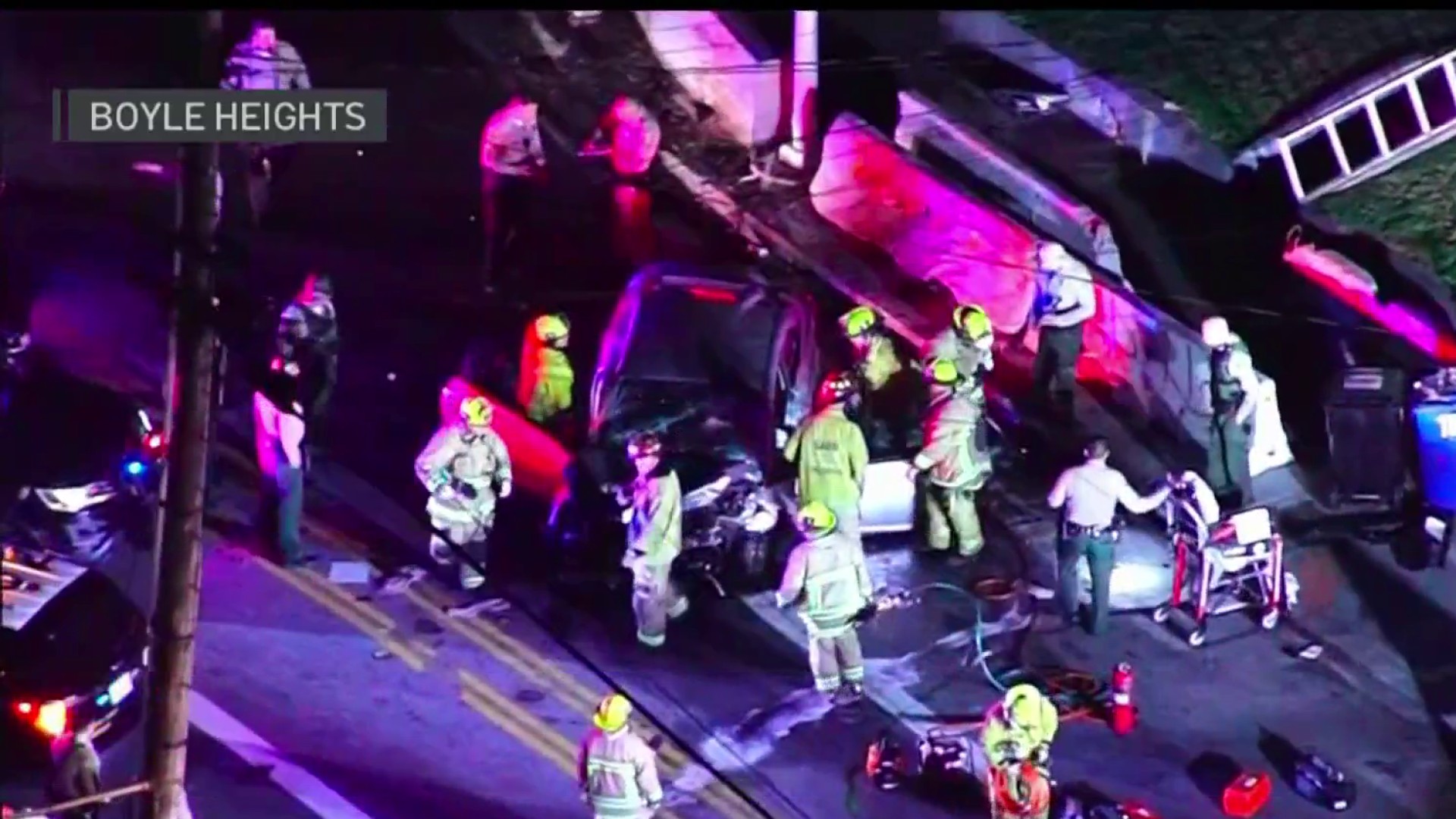Toyota agreeing to pay the U.S. Government an almost unprecedented $1.2 billion to settle a criminal fraud case does not shield the world's largest automaker from potential liability in scores of pending civil suits alleging unintended acceleration, according to attorneys.
What's more, acknowledging "unlawful activities" and "misleading public statements" puts Toyota under additional pressure to settle the pending civil cases, according to Gregory Keating, a professor at the USC Gould School of Law and authority on product liability who has been following the issue.
"I think Toyota has even more reason to want to settle these cases," said Keating, the William T. Dalessi Prof. of Law and Philosophy. "I think Toyota's fundamental intent is in putting this behind the company so that they can restore their good name."
Some 90 such civil cases await trial in California alone, by the count of Century City attorney Moses Lebovitz, who is representing plaintiffs in two of them, including Dushane v. Toyota, next up for trial.
In that case, Janice Dushane suffered severe head injuries when her 2005 Prius allegedly accelerated on its own as she was exiting the 101 freeway in Oxnard in 2010, and the Prius became airborne. One witness saw brake lights activated, according to Lebovitz. Lebowitz is studying the federal agreement with Toyota to determine its impact on the Dushane case.
Many of the civil cases allege a flaw in vehicle electronics. Other problems are acknowledged by Toyota in the agreement, but not in electronics. The settlement with the U.S. Justice Dept. primarily concerns Toyota's conduct during 2009-10 in responding to evidence that some of its vehicles had flaws that resulted in them accelerating on their own.
In one 2008 case, an off-duty California Highway Patrol Officer at the wheel of his family's Lexus was unable to stop the car, and he and three others died in the resulting crash. During the final moments, he had called 9-1-1, and his description of the recording and the sound of the impact were heard on the recording. Toyota ultimately proceeded with recalls to deal with two problems: floormats suspected of interfering with the travel of the accelerator pedal and preventing its release, and a flaw in the design of a widely used accelerator pedal, the so-called "sticky pedal," that caused it to become "stuck at partially depressed levels."
Under the agreement announced Wednesday by U.S. Attorney General Eric Holder, Toyota acknowledged it had "concealed" the sticky pedal problem and "minimized the scope of...floor mat entrapment." Most damaging to Toyota, in the view of Prof. Keating, was the revelation that company officials were aware of problems for periods of time and deliberately delayed implementing fixes in an effort to avoid disclosure. In the case of the sticky pedal, for a period of at least several weeks, "they were installing a part they knew to be unsafe," Keating said.
The Federal Statement of Facts, which Toyota accepted as truthful, included a quote from an unnamed employee speaking out against deception. "Idiots! Someone will go to jail if lies are repeatedly told. I can't support this," the employee said during a discussion that followed a meeting between Toyota and its regulator, according to the document.
Local
Get Los Angeles's latest local news on crime, entertainment, weather, schools, COVID, cost of living and more. Here's your go-to source for today's LA news.
"In the more than four years since these recalls, we have gone back to basics at Toyota to put our customers first," reads a part of statement released Wednesday by Torrance-based Toyota Motors North America, and attributed to Christopher Reynolds, Chief Legal Officer. Another portion of the statement asserts, "at the time of these recalls, we took full responsibility for any concerns our actions may have caused customers," which to some readers appears to contradicts Toyota's admissions that it "misled U.S. customers."
"Not a helpful statement," commented Keating.
In response to a request for comment Wednesday, the media office for Toyota Motors Wednesday referred to the statement and declined questions. The Attorney General deferred prosecution as part of the agreement.
The high dollar amount of the settlement reflects the Justice Department's intent "to make an example of Toyota," Keating believes. But why did Toyota agree to it?
"I think the alternatives may be more than paying $1.2 Billion," said Keating.
In recent weeks, General Motors has acknowledged delay in responding to an ignition switch flaw that can lead to the engine turning off while the vehicle is in motion, leaving the safety air bags without means to deploy in event of an accident.
During the Attorney General's briefing, he declined to discuss potential actions against GM, which the federal government had rescued from bankruptcy after the economic meltdown in 2008. But GM should not count on that as a shield against a federal enforcement action, Keating said.



